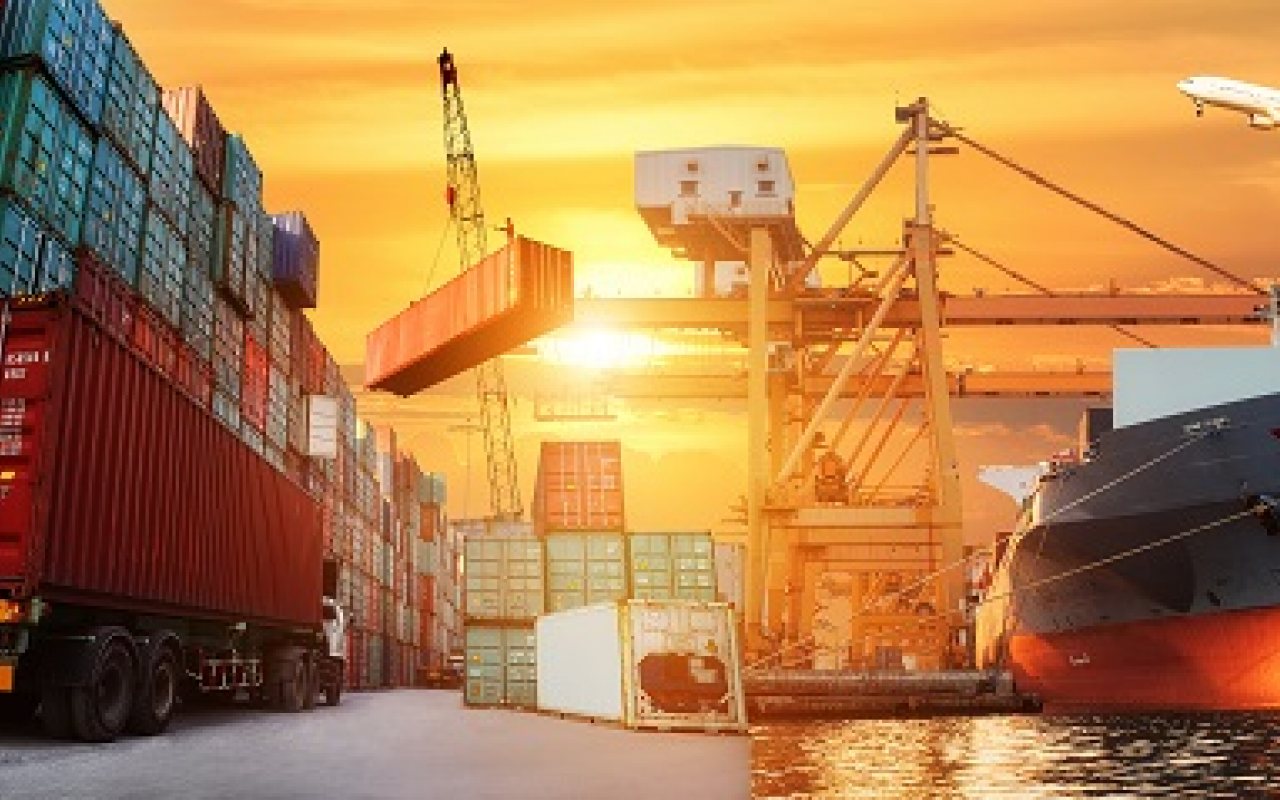
How Are Freight Forwarders Different From Cargo Shipping Companies?
There are numerous kinds of companies in the global transport industry, such as carriers, freight forwarders, and logistics companies. The scope of activities often overlaps, and there might be confusion about the terminology.
In the world of global transport and logistics, there are two major kinds of services, mainly cargo freight carrier (shipping companies) and freight forwarders. Though both are important in the global transport of goods, they are distinct in their operations and functions.
Shipping company
It is also referred to as an ocean carrier. The business of a cargo shipping company is the safe transport of cargo to its destination. They take care of the logistics from one port to another. They own and operate their own transport means like tankers, container ships and bulk carriers for transporting cargo across seas and oceans.
Cargo shipping companies deal with the physical transport of goods, such as transporting, loading and unloading cargo between ports. They are held responsible for any damage or loss of cargo, adherence to maritime rules, and helping to safely keep cargo.
Freight forwarder
This entity is a middle-man between carriers and shippers. Freight forwarders typically do not own or operate assets for transport but only specialise in organising the whole logistics process for the sake of clients.
The services of such entities include functions like moving cargo from port to port through roadways and airways. Freight forwarders arrange the most effective modes of shipping and even storage whenever needed. They will deal with customs on behalf of shippers. Some main functions include preparing documents, coordinating transport modes, negotiating rates and dealing with customs clearance.
Differences between the two
Responsibilities
The main distinction between a freight cargo shipping company and a freight forwarder is their core responsibilities. Freight forwarders specialise in coordinating the whole process of shipping from start to finish or origin to destination of cargo. This may involve road or/and air transport as well. However, shipping companies have to focus only on port-to-port shipment of goods.
Shipping companies hold the responsibility for vessel maintenance, cargo handling and vessel operations. Freight forwarders have to handle documentation, logistics planning, and the management of supply chain and customs compliance. Freight forwarders offer door-to-door delivery.
High value of freight forwarding
Freight forwarders provide many benefits to businesses craving for cost-effective and efficient shipping solutions. By exploiting their expertise, their global partner network and industry connections, they can offer bespoke shipping solutions that serve the specific preferences and needs of clients. They provide competitive rates for freight, flexible routing options and tailor-made customer services. This makes for a smooth operation from start to finish. Freight forwarders offer valuable support and guidance to help businesses to navigate complicated trade regulations, overcome challenges of logistics and optimise routes for shipping.
Ease of tracking
It is easier to track cargo through shipping lines as they use only one kind of transport from Point A to Point B. Freight forwarders can offer this, as well as trucking and air freight.
It is easier to check any damage to cargo while using shipping lines since they will be checked prior to and post-shipment. Freight forwarders simply move cargo to the next form of transport.
In sum, though both freight forwarders and shipping companies are useful for the global shipping chain, they have major differences. Yet, freight forwarders are more popular as they help oversee the complete process of shipping rather than just port-to-port transport of cargo.


